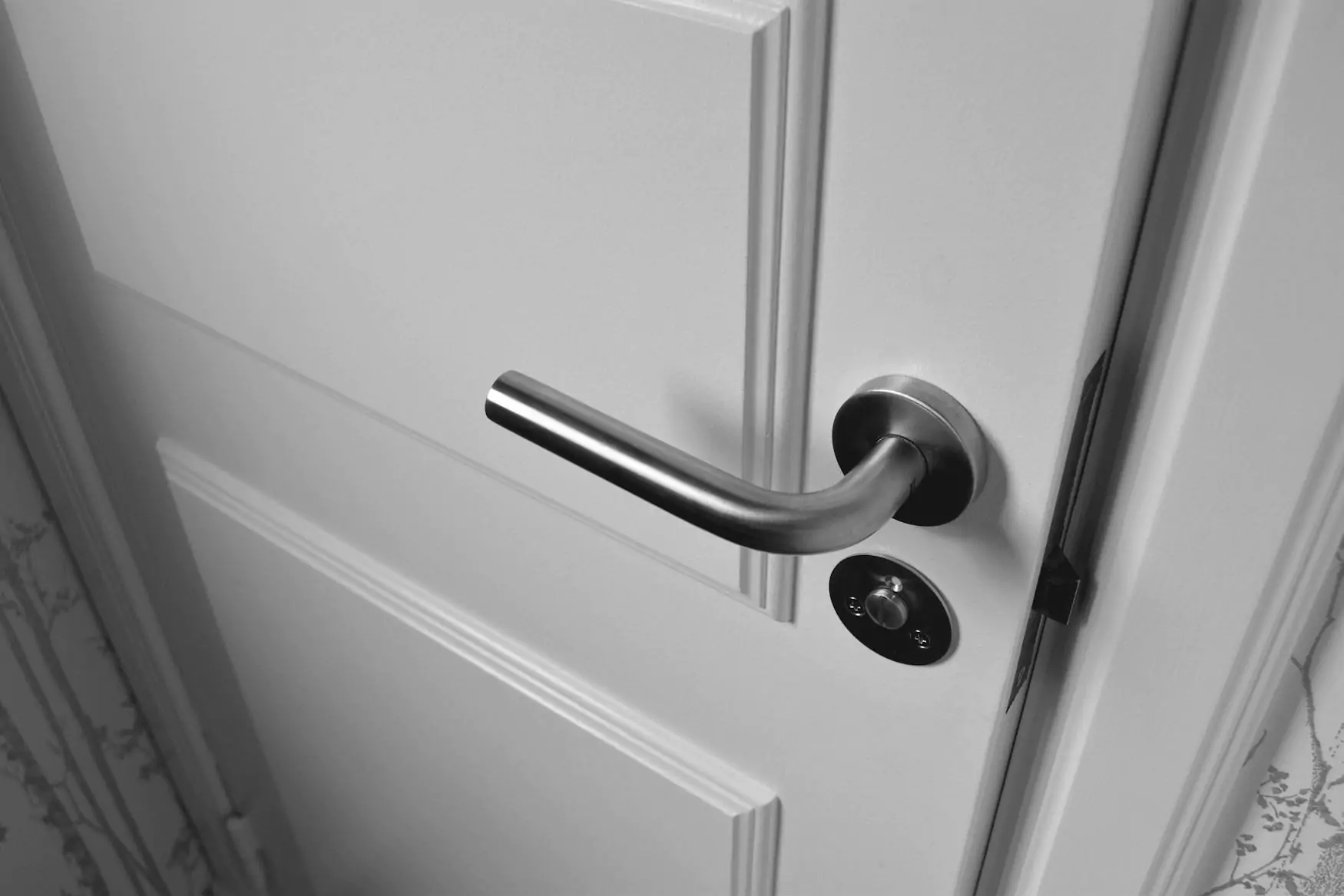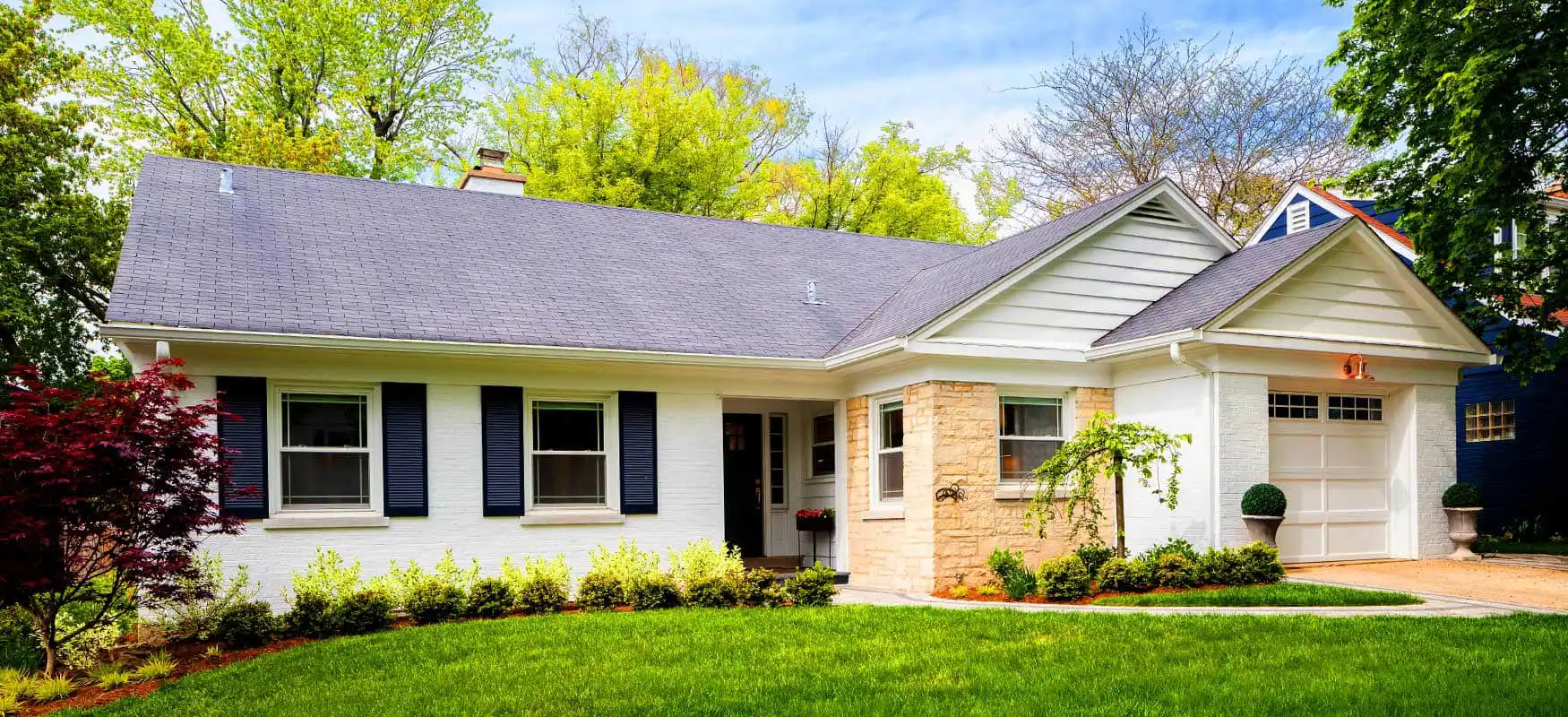Squatters’ rights, also known as adverse possession, allow individuals to claim ownership of property under specific conditions legally. Understanding the legal framework and requirements is essential for both property owners and squatters to navigate potential disputes effectively.
Squatters Rights Massachusetts
People who own homes and trade in real estate in Massachusetts often get confused about squatters’ rights. In order to fully understand these rights, it is important to have a complete book that lists all the laws and rules that apply.
As a homeowner, you might worry about someone living on your property without your permission. As an investor, you might wonder if buying a property that already has squatters living on it is possible. This guide will tell you everything you need to know to deal with this tricky problem in Massachusetts.
This guide will help you understand and deal with squatters in the state by explaining everything from their rights to how to get them kicked out. Now that you know this, you can confidently protect your property or make smart investment choices.
The History Of Squatters Rights In Massachusetts
Squatters’ rights have historically influenced land ownership and property issues in Massachusetts. In the early days of colonial America, people were urged to migrate to the frontier and claim vacant property.
Conflicting claims led to the establishment of squatter’s rights, which allowed anyone who had occupied the land for a set period of time to claim legal possession. These laws have changed over time to meet society’s changing demands.
In modern times, squatters’ rights are still recognized in Massachusetts, protecting landowners and property investors. Effective conflict resolution requires a detailed awareness of all parties’ rights.
How To Establish And Claim Squatters Rights In Massachusetts
In Massachusetts, it’s important for both homeowners and real estate buyers to know about squatters’ rights. People can claim squatters’ rights, also called adverse possession, if they have lived on someone else’s land without permission for a certain amount of time.
In Massachusetts, certain things must be done to create and claim squatter’s rights. For example, you must have lived on the property freely for at least 20 years, paid property taxes, and used and possessed it continuously.
It is important to remember that squatters must honestly believe they own the land to use their squatting rights. If you don’t meet these standards, the legal owner may act against you.
The Legal Definition Of A Squatter In Massachusetts
In Massachusetts, a squatter lives on someone else’s land without permission or a legal right. Vacant houses, buildings left empty, or even land that hasn’t been used can be included.
There are no legal rights for squatters to be on the land because they are not tenants. They are essentially trespassers, and the landowner can legally remove them.
There are times when squatters may be given some rights if they have lived on the land for a long time and can show that they have been keeping and improving it.
Protections And Limitations For Squatters In Massachusetts
Massachusetts laws protect squatters in some ways but also limit their activities. One big defense for squatters is that they can claim adverse possession after living on a property for 20 years in a public way.
However, this security doesn’t go too far because the real owner can still go to court within 20 years to get rid of the squatter and stop them from taking over.
In Massachusetts, landlords can also remove squatters from their rental properties by giving them enough warning and going to court.
Common Misconceptions About Squatters Rights In Massachusetts
Many people think squatters immediately have the same rights as tenants, including the right to stay on the property forever. However, squatters don’t always have legal rights to the land and must meet certain requirements.
Another misunderstanding is that squatters can be quickly removed from a property using “No Trespassing” signs or eviction letters. In fact, there is a formal legal process to be followed.
Allowing someone to stay for free may strengthen their legal position as a squatter.
Exploring The Impact Of Gentrification On Squatters Rights In Massachusetts
Changes in the housing market can affect squatters’ rights, especially in areas undergoing gentrification. As property values rise, owners may seek to evict long-term occupants seen as squatters.
Understanding the legal rights of such individuals is important for ethical property ownership and investment.
The Role Of Adverse Possession Laws In Squatters Rights Cases
In Massachusetts, adverse possession laws allow squatters to claim ownership after 20 years of continuous, open, and exclusive use of a property without the owner’s permission.
This can act as a defense against eviction and a way to obtain legal ownership of land.
Defending Against Eviction As A Squatter In Massachusetts
To defend against eviction, squatters must prove they’ve occupied the land openly and continuously. Documentation like utility bills and witness statements can help support their claim.
Legal representation is recommended to navigate the process successfully.
Tenant’s Rights Vs. Squatters Rights: Understanding The Distinction
Tenants have legal agreements with property owners, granting them rights. Squatters do not. This distinction is critical for property owners to prevent illegal occupation.
Addressing the Growing Issue of Squatting and Public Health Concerns in Massachusetts
Squatting can lead to health hazards when properties are unmaintained. Massachusetts law addresses these risks to protect public safety and enforce proper housing conditions.
Navigating The Legal Process For Resolving Disputes With Property Owners As A Squatter
Understanding Massachusetts’ legal procedures is vital for squatters looking to resolve disputes. Consulting with a legal expert ensures informed navigation of this process.
Understanding Adverse Possession and Squatter Rights in Massachusetts
Adverse possession allows someone to gain legal ownership by occupying land for 20 years, meeting specific conditions. This law can turn abandoned properties into opportunities with the right actions.
Tax Implications And Considerations For Long-term Squatting In Massachusetts
If a squatter gains ownership via adverse possession, tax liabilities like capital gains may apply. Property owners should consider these implications when dealing with long-term squatters.
How Do You Evict A Squatter In Massachusetts?
To evict a squatter, you must follow a legal process that involves giving notice, collecting evidence, and filing in court. Legal assistance is highly recommended to ensure proper handling.
What Is The Shortest Time For Squatters Rights?
Massachusetts generally requires 20 years of occupation, but under certain rare circumstances, possession rights may be claimed in as little as 3 years. This is highly situational and requires legal interpretation.
What Are Squatters Rights In Massachusetts 2024?
In 2024, squatters’ rights remain an evolving topic. Legal ownership may be possible if someone lives openly and continuously on a property for a long period and meets certain requirements.
Key Conditions for Adverse Possession in Massachusetts: Understanding Squatter Rights
To claim adverse possession, a person must:
- Live on the property openly and continuously for 20 years
- Do so without the owner’s permission
- Pay property taxes
Homeowners and real estate investors should be aware of these conditions to protect their assets.
These findings apply across all of Massachusetts, including Westport, Middletown, Somerset, Warwick, and Smithfield.
If you need further assistance, please contact us at (401) 724-7253 or visit our website to learn more about HomeBuyers Of America.

